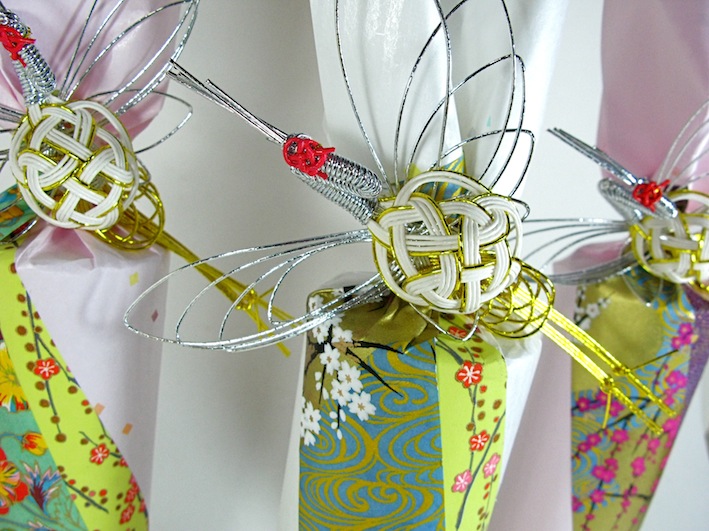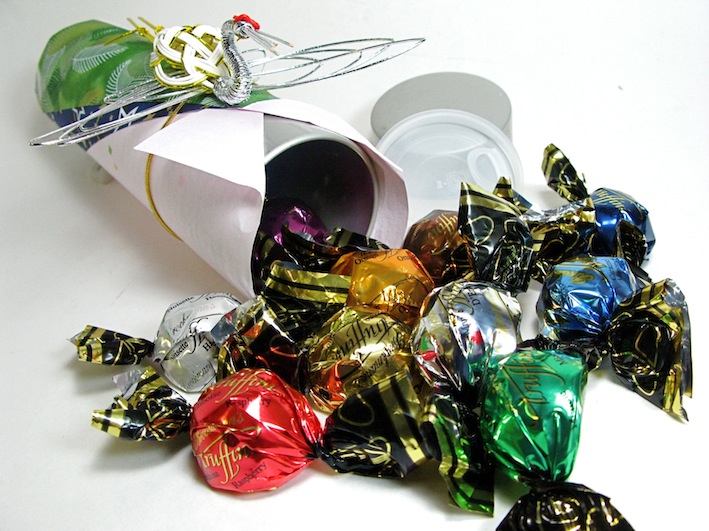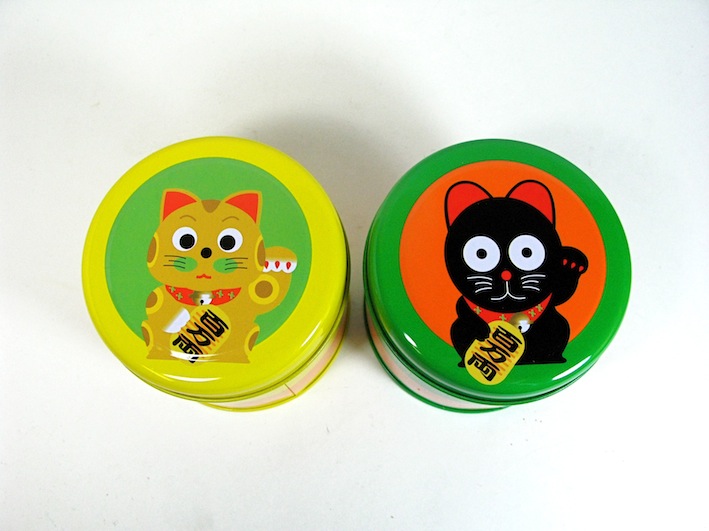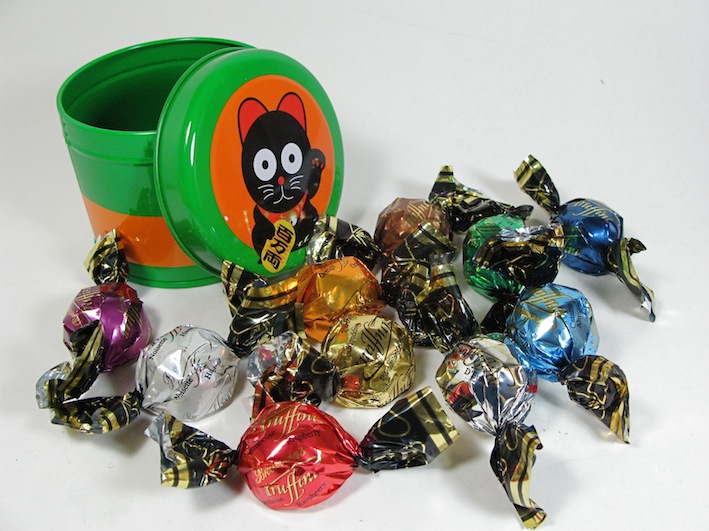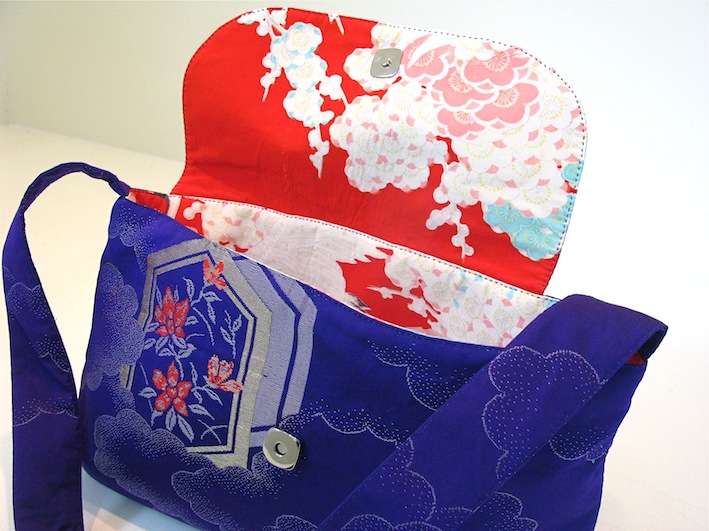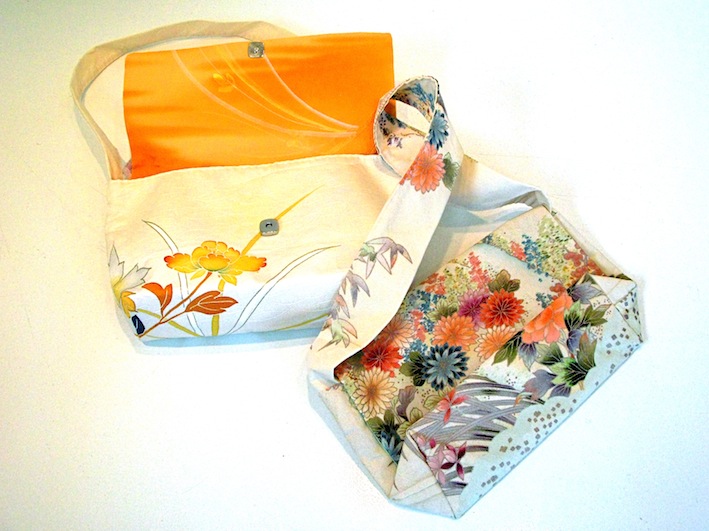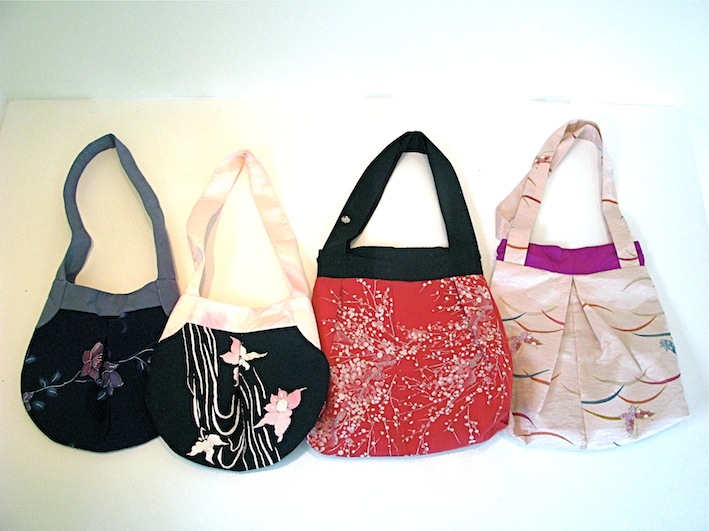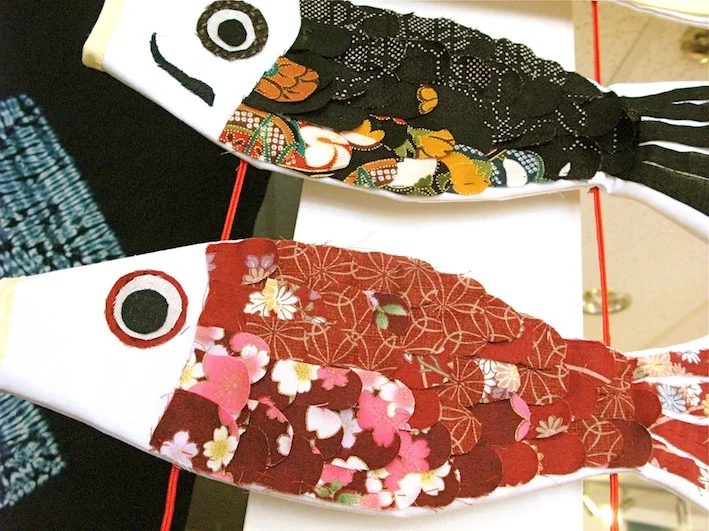Using colourful Japanese fabric, we thought we'd make the ubiquitous tissue box a little bit more interesting! :-)
The design is simple. To install the cover, two buttons on either side are just looped into the opening where the tissue sheets are pulled out.
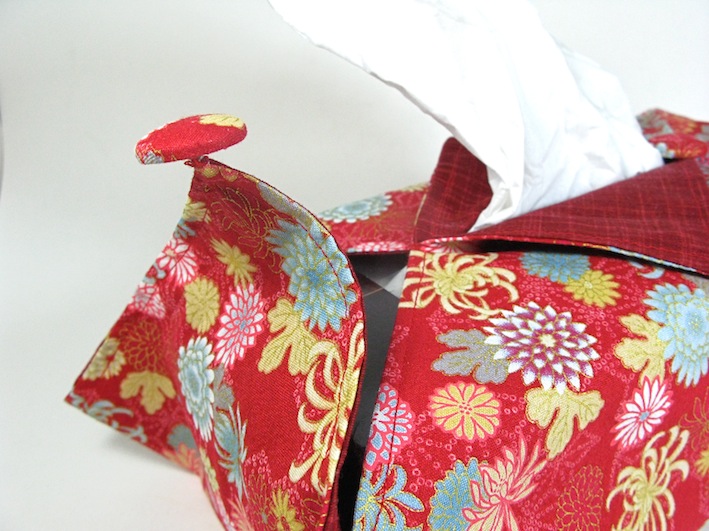
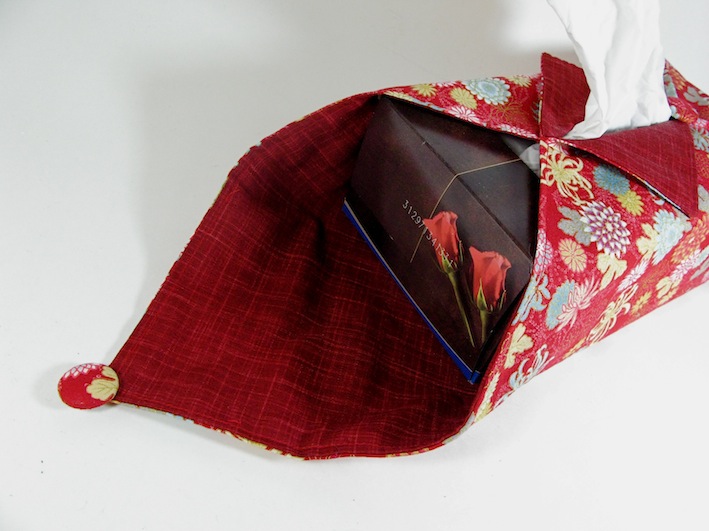
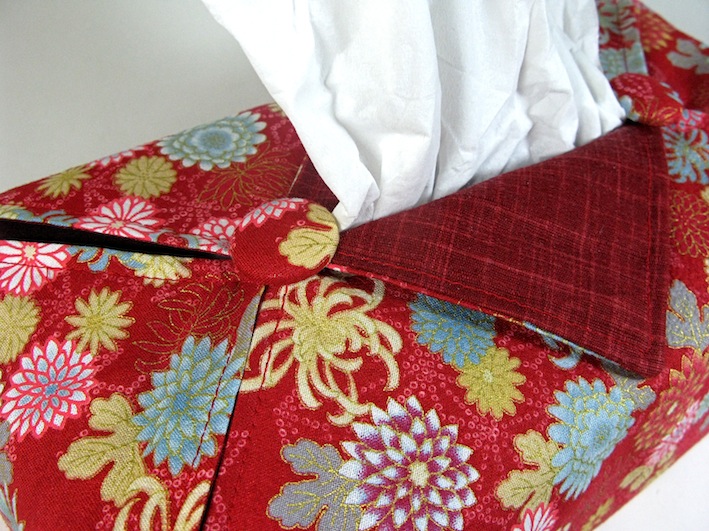
They come in different designs...
...and have plain inside linings which are actually elegant in themselves. So if you prefer a more subdued tissue box, just turn the cover inside out!
Hand-made here in Nova Scotia using Japanese fabric.
Available at the shop or by mail order. $18.00 (CAD) each, subject to HST where applicable.
(All photos by the ikebana shop. All rights reserved.)





